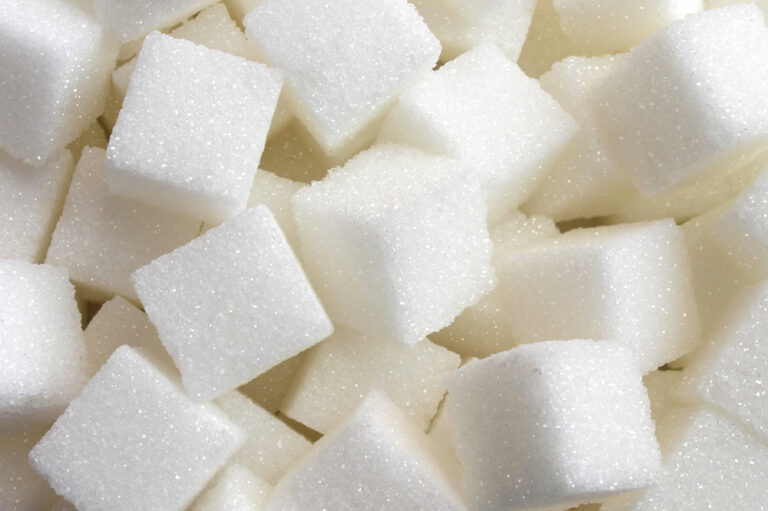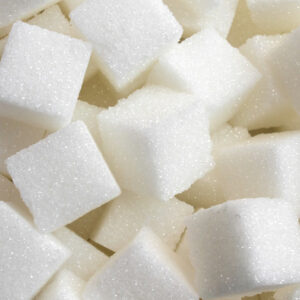
6 common cancer symptoms caused by sugar intake
The cells in our body need glucose from sugar to function at their best. We get this sugar from our food, which provides energy to all cells, including cancer cells. However, since these cells need almost twice as much energy, there could be a link between sugar and cancer. This could cause symptoms of cancer due to too much sugar intake. Therefore, here are some signs to look out for. Understanding the connection between sugar and cancer Excessive sugar consumption does not directly cause cancer, as sugar is not carcinogenic. However, consuming too much sugar in regular meals and snacks can negatively impact overall health. Processed beverages and foods containing added sugars can lead to health problems and increase the risk factor for cancer. Here are other ways sugar can increase cancer risk. By increasing Insulin resistance Consuming excessive sugar can lead to insulin resistance. Insulin resistance results from high levels of insulin, a hormone controlling blood sugar levels. When insulin levels have been high for decades, it can increase the risk of colorectal, breast, and prostate cancer. By causing inflammation Excessive intake of dietary sugars has been known to cause health disorders related to a person’s metabolism. This can induce high levels of inflammation in the tissues of the body.
Read More 











